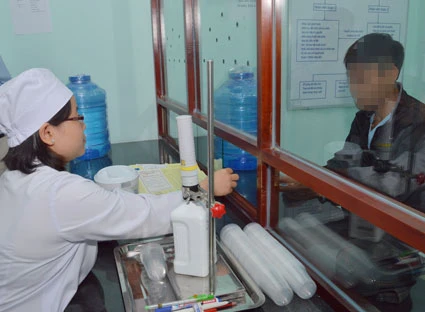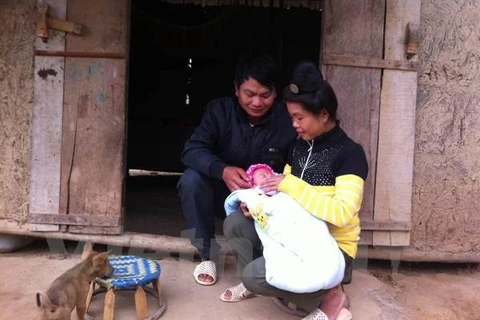Health insurance will step in to replace international provisions of antiretroviral (ARV) drugs used to treat HIV by 2017, according to an official from the Vietnam Social Insurance Fund (VSIF).
VSIF Deputy Director Nguyen Minh Thao said health insurance will be the solution to helping HIV patients access ARV drugs after 2017.
The fund will recommend the government allow patients to buy health insurance at their temporary residences instead of only at their permanent residences.
The VSIF and the Ministry of Health are working on circulars to instruct the implementation of the Law on Health Insurance and the Law on HIV/AID Prevention to ensure the costs of HIV treatment are covered by health insurance, he said, adding that they will propose drug supply mechanisms via national-level concentrated bids.
Once all the proposals are approved at the end of this year, the VSIF will begin paying the cost of ARV drugs in 2016, he stated.
According to statistics, Vietnam has more than 227,000 people living with HIV, 71,000 of whom have progressed to full-blown AIDS. Most HIV patients live in northern provinces, the Mekong Delta and the southeast region.
Each month, between 800 and 1,000 new HIV patients need to be treated with ARV drugs provided free-of-charge by international organisations. Since 2015, the State has increased budget for ARV drugs to 60 billion VND (2.68 million USD).
Statistics from the Agency of HIV/AIDS Prevention under the Ministry of Health showed that only 30 percent of people living with HIV have health insurance.-VNA
























